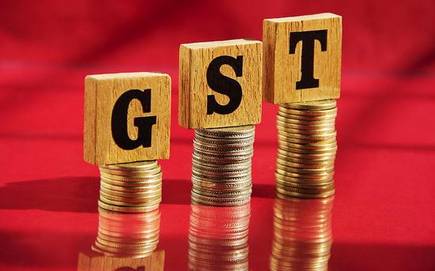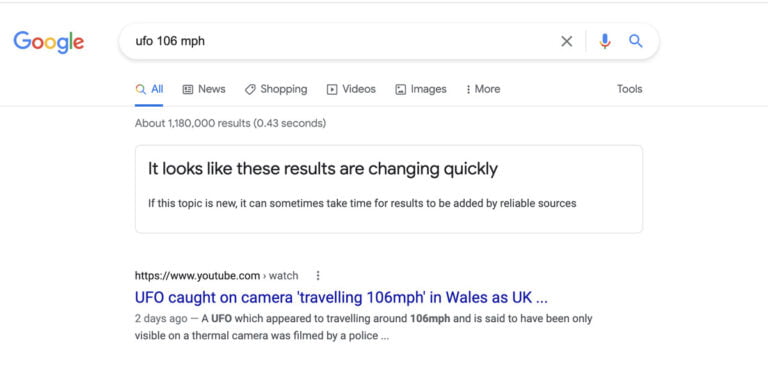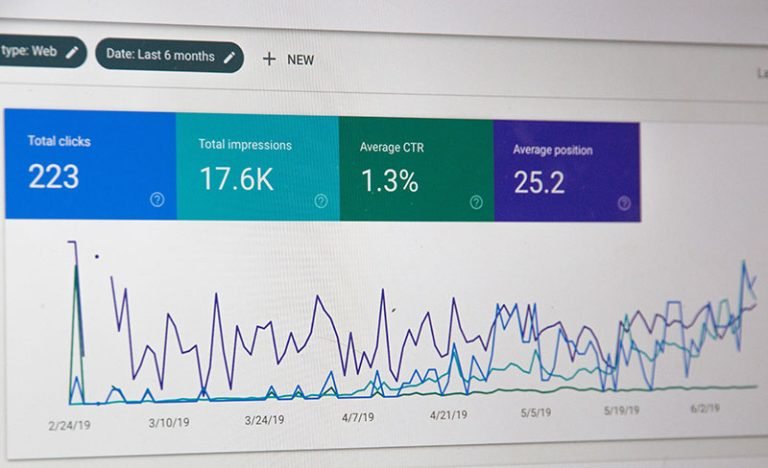
In India, indirect Taxes have driven businesses. Such taxes are leading to remodelling and restructuring of major business systems and operations expecting a change in the involved taxes and costs. Evidently, the most talked tax is the GST, so it is essential to know what is GST and GST number and along with that, let’s discuss what are the advantages of GST registered business.
According to the government, GST is a tax, which implies the consumption of goods and services. The purpose of GST is to impose it at all stages from the beginning like manufacturing to the final stage, i.e., consumption. Besides consumption, it includes credit that was paid at previous stages as setoff. It indicates that the final consumer has to bear the burden of all taxes.
Also Read: The Era Of GST Spells Success For Small And Medium Businesses
However, there are a lot of aspects like excitement, doubts, and reservations, when talking about the GST number among the business owners, but experts recommend that it is beneficial if business owners register in GST. The following are a few advantages of registration in GST:
- The business will be legally registered as the supplier of goods and services.
- By registering a business, the owner becomes a legal provider of service or goods and can collect taxes from the purchasers and also shows taxes paid on the goods and services supplied to clients or buyers.
- It helps in the proper estimation of taxes paid on the provided services and it is similar while utilizing for the payment of GST dues on the selling of goods or services.
Also Read: Tax Saving – Best Practice For E-Commerce Sellers
The following are some key points for registration in GST:
- A business owner who does not own a GST number is neither eligible to collect GST from customers nor applicable to claim any input tax credit of GST paid by him. It shows how significant it is to make a registration in GST.
- Who can do registration under the GST model: The suppliers who are doing any kind of business anywhere in India. Besides that, their business turnover exceeds threshold limits as specified by the government within a year and is eligible to register for the GST number. However, there are certain categories, which are mentioned in Schedule III of Model of GST Law that are eligible for registration irrespective of the threshold. Some sectors like agriculture have been exempted and are not liable to take GST registration.
- There is a time limit of 30 days for registration in GST Model Law and has to complete the registration from the liability date.
- In case, an individual is dealing in different states but using the same PAN number and meeting the eligibility criteria for the registration, he has to get registered for each state separately from where he is running a business. Moreover, he has to pay GST as mentioned in the Sub-section (1) of Section 19 of MGL.
- If a business owner is operating multiple business verticals in a single state, as per sub-section (2) of Section 19, an individual may need to register for each business vertical referring to such conditions as specified.
- The issue of PAN card under the Income Tax Act, 1961(43 of 1961) is obligatory for eligibility for the registration grant under Section 19 of the MGL.
- Voluntary registration is eligible under Sub-section (3) of Section 19 in the MGL and all conditions of this act are acceptable to a documented taxable individual.
- The GST registration, which when carried out through the application procedure is only considered as a permanent otherwise canceled, surrendered, revoked or suspended.
- Revisions of any registration certificate are applicable in terms of Section 20 with the help of an officer related to the information provided either by registrant or verified by him. However, approval from the designated officer is essential for making modifications to specific core information fields.
- If a business owner wants to cancel the registration, it needs permission from a designated officer in specific circumstances mentioned in Section 21 of the MGL.
- A designated officer has the authority to cancel the registration in specific conditions specified under section 21(2) of MGL. The following are some conditions:
- Not filing the return for a period of 3 months (for a compounding taxpayer) or 6 months (for a normal taxable person).
- A business does not start within 6 months from the registration date.
Also Read: Tax Saving – Best Practices For Shop Owners
The officer has to follow the natural justice principles before the cancellation of the registration.
- If it is found that the registration was obtained by means of purposeful misstatement, suppression of facts or fraud then a designated officer has the authority to cancel the registration. Such details mentioned under Section 21 (3).
The above-mentioned are the key points related to the GST Registration of business. The MGL is a subject in itself and needs a great understanding. If you want any clarity on MGL, feel free to get in touch with Indifi. The team of experts is always delighted to help you.






